3D printing is closely tied to the materials it uses. Whether it's plastic, metal, or ceramic, these materials differ from traditional ones. They are now widely used, but there will always be "original" materials that spark inspiration and make you think, "It can be used like this!" Based on this, 3Dnatives has selected the 12 most unique 3D-printed materials that have inspired creative thinking.
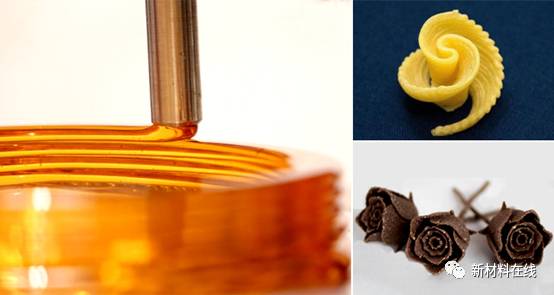
TOP 1 – Melted Edible Material
When it comes to chocolate, people naturally smile. It’s possible to print chocolate using FDM technology. During the process, each layer is a certain thickness of chocolate, but the printing speed is slow due to the low temperature, which helps preserve its flavor. The famous American brand Hershey’s is developing a 3D printer called Cocojet, designed specifically for printing chocolate.
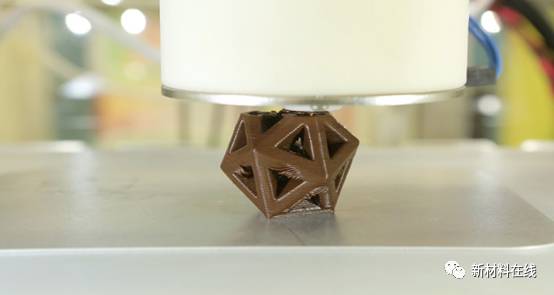
TOP 2 – Dust to Dust, Earth Return… Statue?
Everyone wants to be remembered in a special way after they pass away. Chinese artist Zhufei came up with a unique idea: using ashes as a printing material to create a statue of the deceased. The entire process takes just three hours, allowing the family to take home a meaningful keepsake. While it may seem shocking, it offers a way to preserve memories of loved ones.
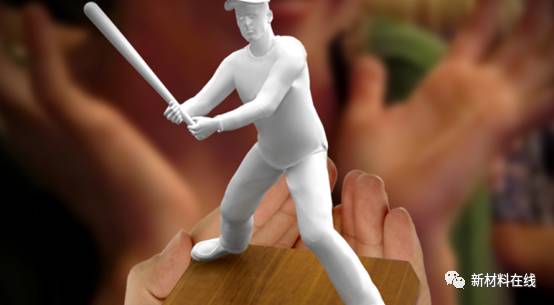
TOP 3 – Beer Can Not Only Be Drunk But Also Grow Fiber!
Beer is versatile, from being a drink to even becoming a material. American fiber producer 3Dom developed long fibers made from beer. These fibers have a natural brown color and are made from waste residue from PLA and beer brewing. A 500g roll of this fiber costs around $39.99. Imagine making a beer mug with your favorite brew!
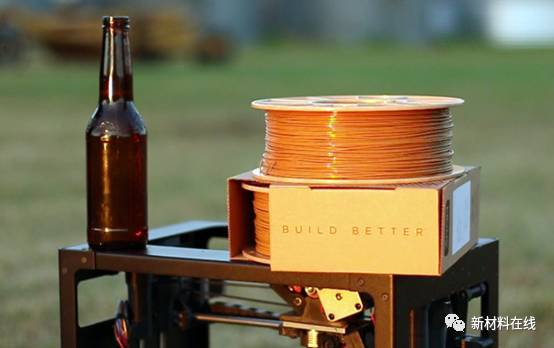
TOP 4 – Sand and Sahara
Solar Sinter, created by Markus Kay, is a 3D printer that uses desert sand and solar energy. The machine uses laser sintering technology, heating the sand with sunlight to create objects. This innovative approach highlights how 3D printing can help conserve resources and reduce environmental impact.
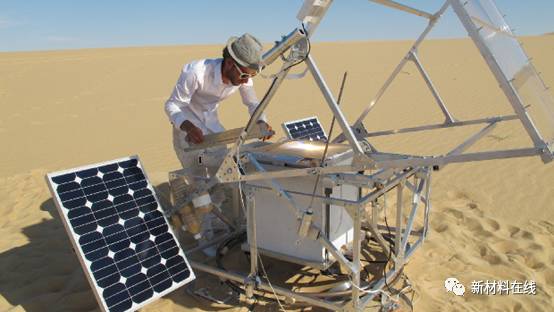
TOP 5 – The Art of Sugar
In 2015, 3D Systems launched ChefJet Pro, the only device that uses granulated sugar. They aimed to decorate a Versailles milk cake with 3D-printed sugar. MIT student Victor Leung later worked with a Chinese company to develop 3D sugar sculptures, inspired by glassmaking techniques.
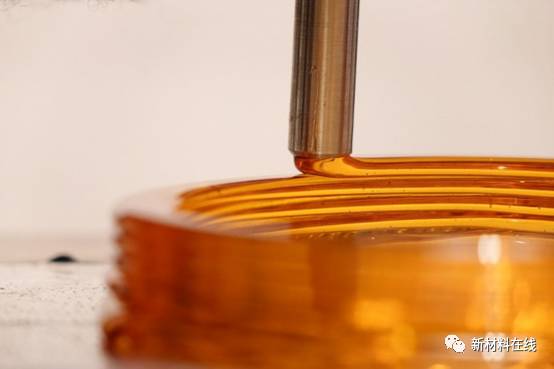
TOP 6 – Recycling Car Tires
The U.S. discards 259 million tires annually, contributing to global pollution. A California-based company turned them into 3D printing material. They created an object called "Rubber Pouff" using laser sintering and recycled tire powder, showing how waste can be repurposed.
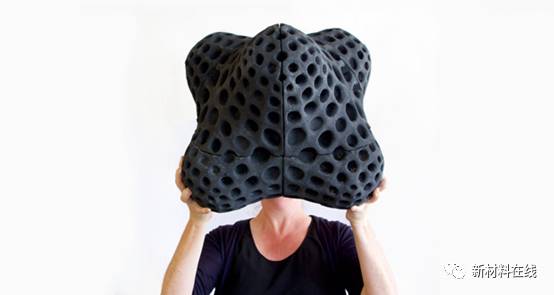
TOP 7 – Dough When
Italian company Barilla introduced the first 3D pasta printer, capable of printing pasta in two minutes. Designed for the food industry, it uses flour and water with FDM technology. The prototype is expected to launch later this year.
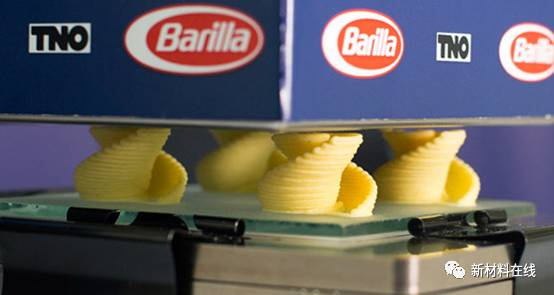
TOP 8 – Glass Crystal
Israeli company Micron3DP, in collaboration with MIT, has developed 3D glass printing technology. The glass is chemically inert and biocompatible, ideal for aerospace and medical industries. Printing requires high temperatures, up to 1640°C, which limits the process but opens new possibilities.
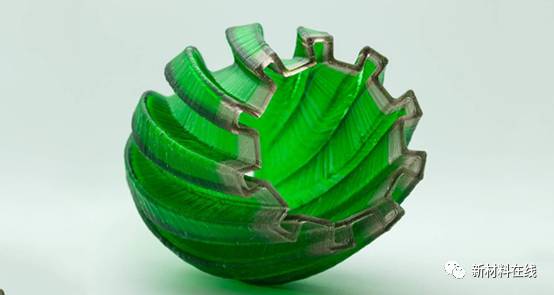
TOP 9 – Chewing Gum and 3D Printing
UK-based Gumlab.uk, founded by Chia-Ling Lin and Maria Nelson, uses a device called GumJet to print chewing gum. Different flavors are added during the extrusion process, creating a unique taste experience. The printed gum tastes similar to traditional gum but with layered flavors.
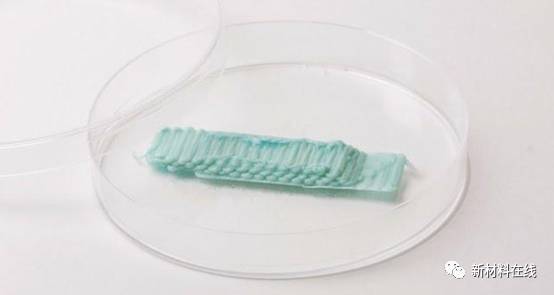
TOP 10 – Who Said Cork Can Only Be Used to Stop Bottles?
Colorfabb discovered that cork can be used as a 3D printing material. Their product, CorkFill, is compatible with standard FDM printers and is printed at temperatures between 210°C and 230°C. It expands the use of cork beyond wine stoppers.
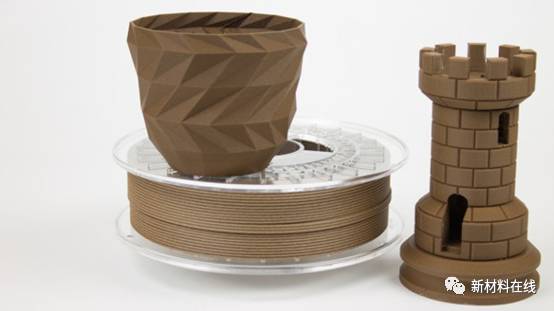
TOP 11 – Re-Creation of Bamboo
Colorfabb also developed BabooFill, a material made from bamboo fiber and PLA/PHA. It is organic, has good adhesion, and has a popcorn-like texture. This material shows how natural resources can be creatively reused.
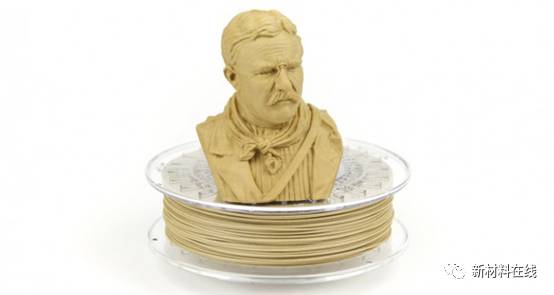
TOP 12 – Linen and Fiber
French company Texilis creates 3D printing fibers from linen. These biodegradable fibers, based on PLA, are flexible and durable, offering a sustainable alternative to plastic. They work well with most FDM printers and produce lightweight, high-quality prints.
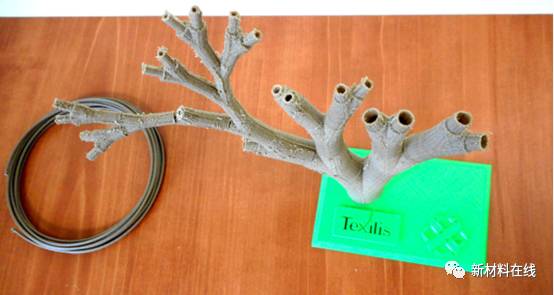
The combination of 3D printing and diverse materials opens up endless possibilities for designers. Whether it's the material shaping the process or the process inspiring new materials, the relationship between them is essential and irreplaceable.
Hydraulic Pump Electric Motor Combo,A Hydraulic Pump,D B Hydraulics,Hydraulic dc motors
Wuxi Jinle Automobile Motor Factory , https://www.wxjldj.com
